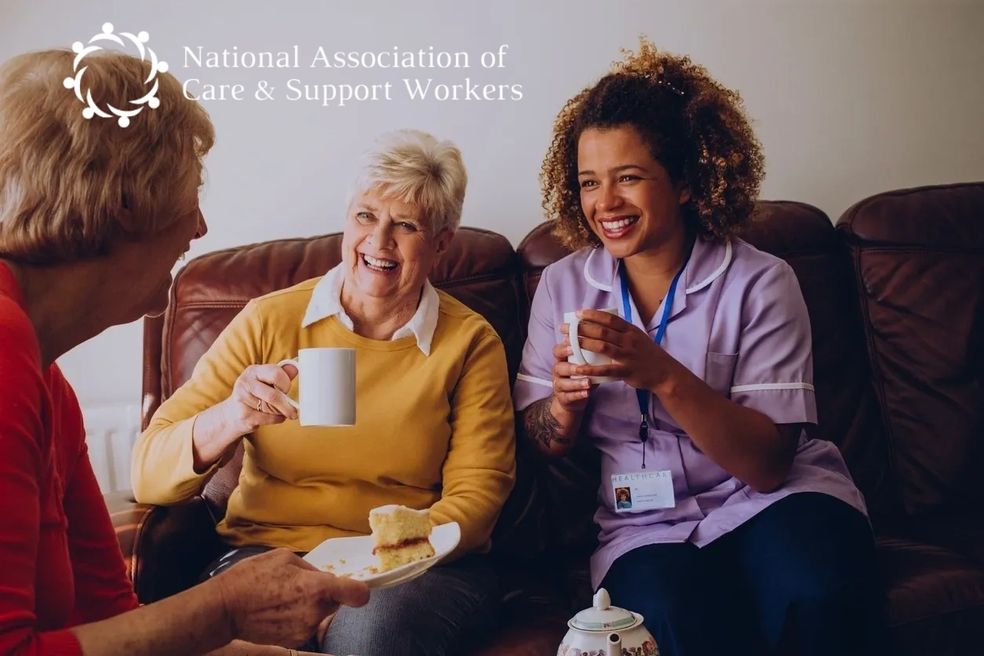Debbie Richens /
June 2021
Closed Culture.

What is a closed culture and how does it effect your care service?
A closed culture generally means a poor culture that can lead to harm, which can include human rights breaches such as abuse. Any care service can have a closed culture which usually includes the below;
Staff or management no longer seeing people using the service as people.
People not being able to speak up for themselves. This could be because of a lack of communication skills, a lack of support to speak up or fear of abuse.
This can mean that people who use the service are more likely to be at risk of harm.
This harm can be deliberate or unintentional. It can include abuse, human rights breaches or clinical harm.
The likelihood that a service might develop a closed culture is higher if one or more of the four inherent risk factor below are present;
- People may be experiencing poor care
- Weak leadership and management
- Poor skills, experience and training of staff providing care
- Lack of external oversight
How Delphi helps with Closed Cultures
- Highlight locations that have an increased risk of developing a closed culture using our bespoke methodology.
- Completing a thematic analysis over a number of sites. Where closed cultures are identified through Delphi analytics, we formulate an action plan and recommend improvements to reduce the risk of regulatory breaches and support the provider to develop a robust response to the identified areas.
- Working with providers to develop their training needs in this area and upskill managers to effectively identify their staff training needs and respond accordingly.
- Be an independent partner to provide the board with additional assurance and an external risk rating of the probability of closed cultures developing.
Use the button below to book in a call with our expert team to find out how we can support you and your team to eradicate closed cultures within your organisation, using bespoke methodologies put together by our expert team…
We look forward to hearing from you!
Book your meeting now














